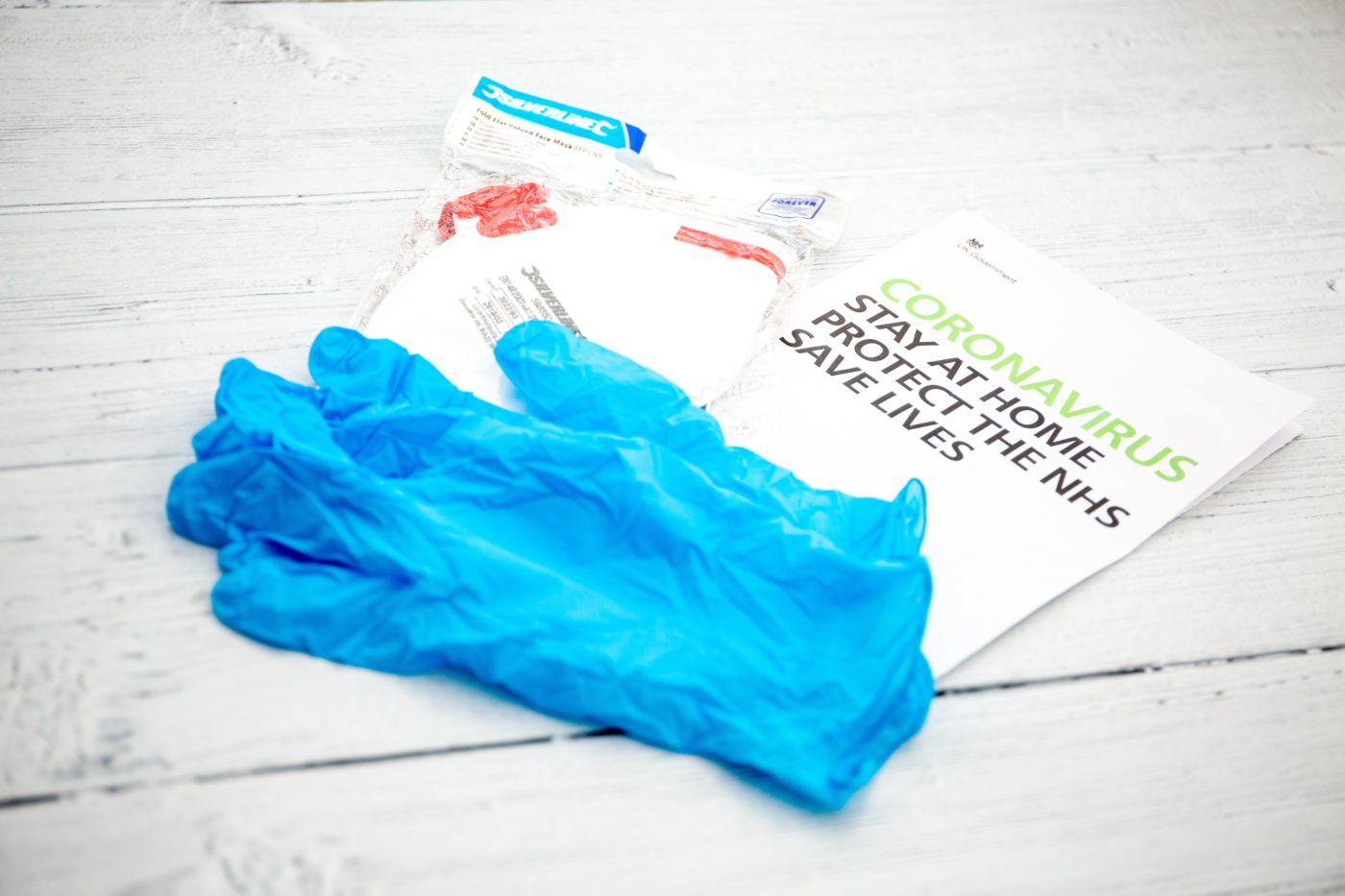Why more than ever we need to get political

However, as with everything, some countries have been better prepared for the crisis due to diligent leadership, appropriate resources and heading into the pandemic with the privilege of better economic and societal foundations than other countries. It’s clear there is an inequality in how certain regions were best able to prepare for the crisis dependent on a variety of things, such as infrastructure and resources.
I live in the UK. Here the relationships between the public and the government have been interesting. Whilst we feel a particular sense of belonging and community – with our weekly claps for our essential workers and the countless numbers of messages of goodwill – recent research has shown that trust is lacking. In a poll done by YouGov, only 8% of Britons think the general public is taking Covid-19 seriously enough, compared to the 87% that think we’re not taking it seriously enough. Many of us will have seen the weird combination of harmony and distrust in our communities.

On a government level there have also been shortfalls. There’s still a drastic shortage in PPE, inadequate levels of testing and a generally late response to the pandemic. Newspapers have highlighted how the UK government response was problematic. In other countries there are examples of how a response can be done differently. Thinking about how Jacinda Arden led New Zealand to “eliminate” the disease makes me realise with good, scientifically-backed strategy that a country can drastically change the extent to which COVID-19 has a detrimental effect.
So what do we do now? We get political. We inform, (digitally) protest, collectively pressurise our government to meet their promises of 100 000 tests a day, hold them accountable for lack of preparation and sign a LOT of petitions.
The most important thing is to use your voice. Don’t be afraid to be angry about how your country, community and organisation has handled the virus. Don’t be afraid to get political where you can.
We should also trust and support each other: volunteer however you wish (there are plenty of ways to do this. Here is some government advice, but you can easily search for remote volunteering opportunities too), donate to charities you care about and take measures to make sure you and your community are safe.
We now more than ever need to get political. The people and institutions leading our countries have the power to shape the way the coronavirus affects us. So now we must take action: by advocating, informing and pressing for accountability, to ensure that we have the best foundations to fight this pandemic head-on.
UK young person Annie is speaking out about the importance of political action and accountability during the global pandemic. If you, like her, want to share your voice and views on an issue you feel passionate about then get in touch at blog@raleighinternational.org.
The views contained in this blog are those of the author and do not necessarily represent the views of, or an endorsement by, Raleigh International.